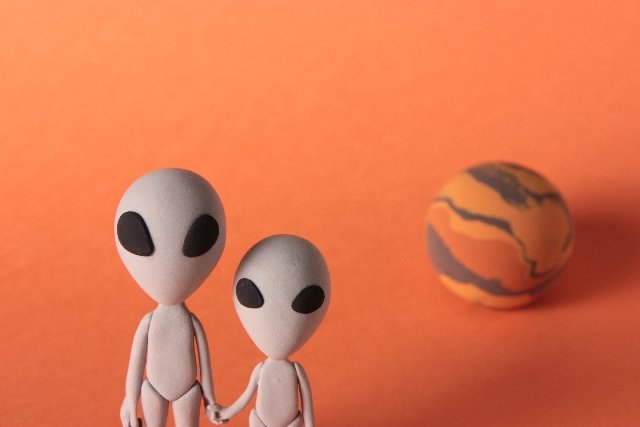7 Life Hacks to Learn a Language Faster
Learning a new language brings numerous benefits—career advancement, travel, and deeper cross-cultural understanding. Yet, many people give up midway, saying they “can’t remember words” or “can’t speak fluently.” In this article, we’ll share seven life hacks to help you learn any language more efficiently and quickly. Based on scientific research and practical techniques, these methods can make a real difference in your learning journey.
1. Focus More on Output Than Input
Many learners tend to focus heavily on input—reading vocabulary lists and grammar books. But language is best learned by using it. Simply listening or reading doesn’t embed the knowledge deeply or build usable skills.
Instead, make a habit of producing the language—speaking and writing. Try writing a short journal entry using new vocabulary each day or having a 10-minute conversation with a tutor online. Small, daily output makes a big difference.
2. Integrate the Language into Daily Life
When language learning feels like a chore, it’s harder to keep up. That’s why integrating it into your everyday life is key.
For example, change your phone’s language settings, or watch your favorite shows and YouTube videos with subtitles in the target language. This way, you absorb vocabulary and expressions naturally through sight and sound.
3. Learn Words in Context
Learning words in isolation—like memorizing “apple = りんご”—is inefficient. If you can’t use the word in a real sentence like “I bought an apple at the market,” then it’s not truly learned.
A better approach is to learn words with phrases and example sentences. Memorizing expressions like “I’m looking forward to it” helps you use them immediately in real conversation.
4. Use Shadowing to Train Your Ear and Mouth
Shadowing is a technique where you listen to native speech and immediately repeat it out loud. It’s a powerful way to improve both listening and speaking skills simultaneously.
Use news, dramas, or podcasts at your level. Start slowly, repeat difficult sections, and focus on mimicking pronunciation and rhythm closely.
5. Don’t Be Afraid to Make Mistakes
Many learners hesitate to speak because they fear making mistakes. But language is best learned through trial and error. Even native speakers make grammar mistakes occasionally.
Mistakes are valuable learning opportunities. When someone corrects your usage, that correction tends to stick. Don’t be afraid to speak—mistakes are part of the process.
6. Set Goals and Reward Yourself
To maintain motivation, pair short-term goals with small rewards.
For instance, “If I memorize 100 words this week, I’ll treat myself to my favorite dessert,” or “If I study every day this month, I’ll go on a weekend trip.” Giving yourself something to look forward to turns study into a game, not a chore.
7. Never Underestimate the Power of 5 Minutes a Day
The most important factor in language learning is consistency. A massive study session once in a while won’t beat the power of short, daily practice.
Even just five minutes a day can add up. Learn one phrase before bed or review vocabulary during your commute. The key is to touch the language every day and make it a habit.
Conclusion
To learn a language faster, focus on output as much as input, integrate it into your life, embrace mistakes, and stay consistent.
No matter how great your apps or textbooks are, success ultimately depends on you. Find the methods that suit your lifestyle, and enjoy the process. Start today with one small step—it could change everything.


